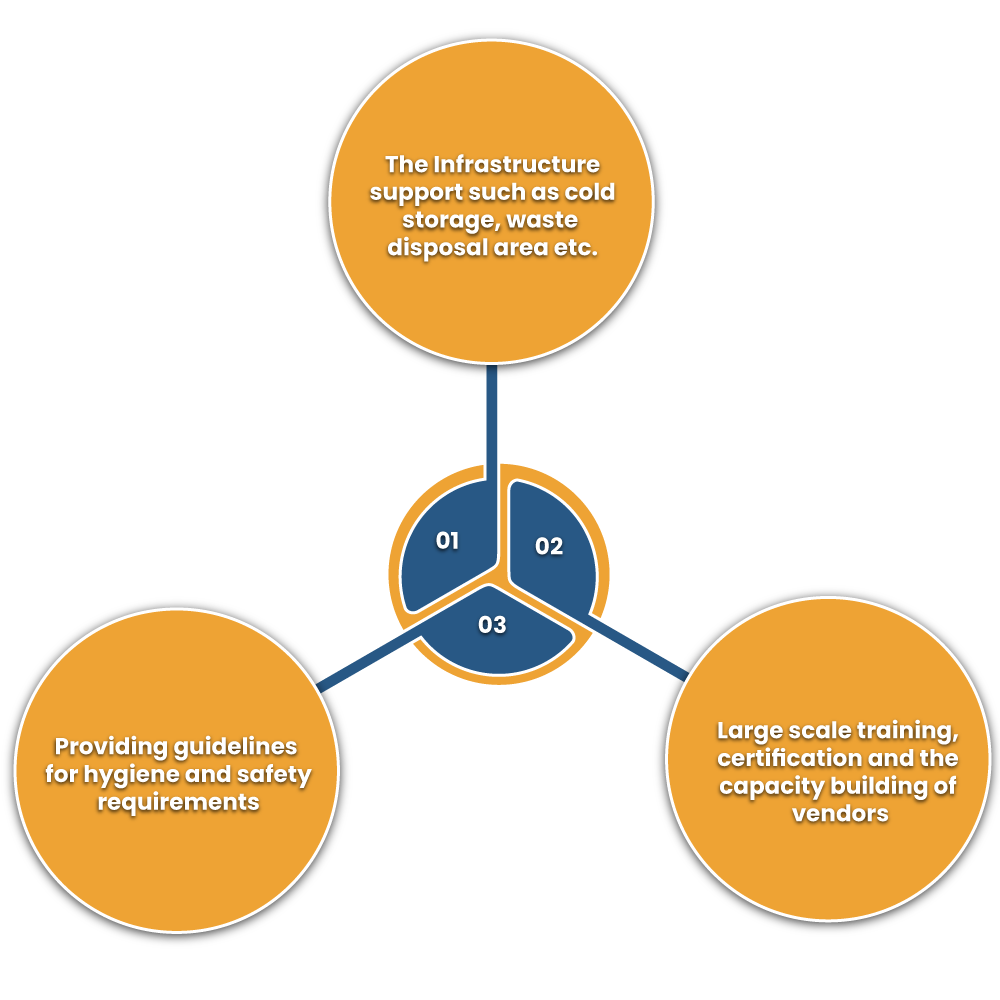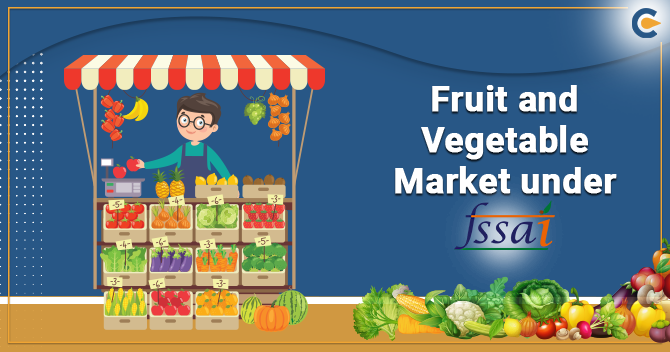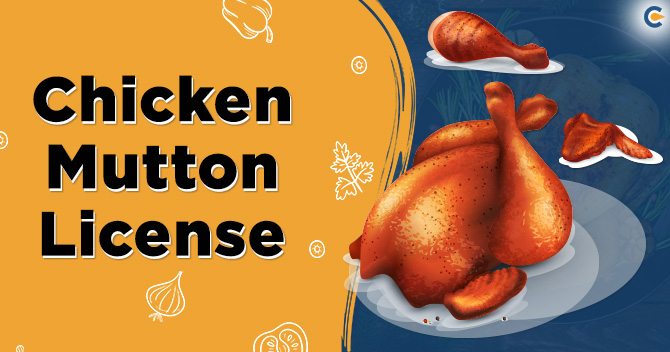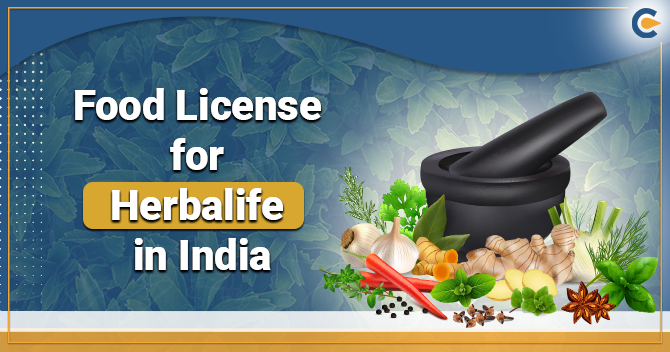The Food & Standards Authority of India (FSSAI) has come up with a new initiative called “Clean Fresh Fruit and Vegetable Market” ensuring the availability of good quality, safe and hygienic fruits and vegetables provided to consumers.
It is to boost potential economic growth by upgrading an unorganised retail sector of fruit and vegetable since the organic and inorganic fruit & vegetable market in India is presently in customer demand. This initiative will integrate all local vendors with the organised retailers across the country.
FSSAI Aims to Achieve for Fruit and Vegetable Market


Retail Sector Categories for Fresh Produce
- Organised food supply such as Big Bazaar, Nature’s Basket, and Reliance Fresh, etc.
- The unorganised food supply such as Pavement vendors, pushcart vegetable seller, or Mandi.
What are the General Requirements fulfilled by the Fruit and Vegetable Business Owner?
- The vendors of fruit and vegetable needed to be registered and licensed under Food Safety & Standards (Licensing & Registration of Food Business) Regulations 2011.
- FSSAI Registration provided by Food Safety Display Board (FSDB) with green colour code applicable to Fruit and Vegetable retail business must be displayed on the cart/kiosk/shop.
- Recruitment of the food safety team for communication and liasoning related to clean fresh fruit and vegetable market.
- Prohibition on sale of artificially ripened fruits by acetylene gas, commonly known as carbide gas.
- The fruits can be artificially ripened by using ethylene gas obtained from any safe source only. The source of ethylene gas must not come in direct contact with the fruits.
- Any stickers without any relevant information such as grade, price, bar-code, traceability, etc. must not be used directly on fruits and vegetables. In case if it they used, they must not have any adverse effect on health.
- Usage of the functional barrier preventing stickers directly on fruits and vegetables. Few fruits have to be packed in a transparent thin film for their good quality.
- All such fruits and vegetables sold in the market must be free from colouring matter, mineral oils or any other harmful chemicals.
- Wax coating of fruits must be done only with beeswax (white and yellow) or shellac wax or carnauba wax at level not exceeding Good Manufacturing Practices.
- Every package of the fresh fruit if coated with wax must carry the label “Coated with wax (with the given name of wax)
Food Safety and Hygiene Requirement for Fruit and Vegetable market
There are numerous things you must consider in order to understand the Food Safety and Hygiene Requirement for Fruit and Vegetable market. Those are explained below:-
Personal Hygiene
- Protective clothing and footwear for all the vendors and food handlers.
- Washing hands with soap water or detergent water before starting work and every time after using toilet.
- Any cuts or wounds must be covered properly, and sick vendors must not be allowed to handle fresh produce.
- All staff or sub-contractors must be aware of the hygiene and health principles before entering the premise or commencing work.
Location and Facilities
- The location of the market has to be away from environmental pollution and industrial area producing toxic gases.
- The premises must be clean, adequately lighted and ventilated and have sufficient free space to allow easy movement of persons and materials.
- A designated area for the storing packaging material, clothes, shoes, ripening agents, cleaning agents, water, etc. must be maintained to avoid contact with food products.
- Maintenance of the adequate drainage facility.
- Identification of designated area for loading and unloading of fruits and vegetables in the distribution vehicles.
- Installing equipment like cooling chambers, moisture retention chambers, ripening chambers at these markets.
- Covering open-air markets, vending shops/stalls/carts/ with canopy, plastic or metal sheets, etc. in order to prevent vegetables and fruits from direct sunlight, that may result in moisture loss.
- There must be appropriate toilets and hand washing facilities with clean water, soap. It must be kept clean and hygienic.
- The entry of wild animals, pets must be prevented by fencing, hedges, gates, etc.
Cleaning and Sanitation
- Platforms or display units must be of material as it does not affect the fruits and vegetables by metal contaminants, chipping surfaces, paints, glass pieces, loose nails, etc.
- Display units/crates/trays must be cleaned and disinfected regularly, after use and after any spillages.
- The equipment and cutting tools (boards, knives, etc.) that may come in contact with fruits and vegetables must be free from rust and corrosion-resistant materials to keep it in clean and good condition.
Handing of Fruits and Vegetables
- Careful handling, stacking of fruits and vegetables while putting it on displays to avoid bruising and product damage.
- The organic fruits and vegetables must be displayed and stored in a manner that it can be distinguishable from the non-organic ones.
- Discarding any vegetable or fruit cut for display after use.
- Regular rotation of vegetables and fruits for sale to follow the FIFO (FIFO-first in first out – use items first that have been bought first).
- The vegetables and fruits which require some time for ripening can be sold upon ripening later.
Water Supply and Quality
- Only clean water must be used wherever it comes in direct contact with fruits and vegetables such as sprinkling washing, etc.
- Analysis of quality of water after every 6 months by third party laboratory.
Pest Control
- Appropriate measures and regular pest control by the vendor to keep the premises pest-free to prevent contamination of food.
- Damaged vegetables and fruits must be segregated and disposed of immediately.
Waste Disposal
- Fruits and vegetables waste (FVWs) must be taken care of properly
- Other waste includes corrugated boxes, woods, metals, plastic crates, and other composite wastes must be disposed of properly.
- Provision for handling the wastes and installation of separate bins for wet and dry waste must be in place by every vendor.
Sources of Fruits and Vegetables Traceability
- Source of fruits and vegetables from the area/fields having high levels of heavy metals in the soil may be discouraged.
- All organic fruits and vegetable suppliers must have appropriate certification and comply with Food Safety Standards (Organic Foods) Regulations, 2017[1].
- An adequate number of racks, crates must be provided for Storage to allow good air circulation.
- Contamination of the fruits and vegetables by other products such as cleaning agents, insecticides, and packaging material must not occur.
- Fruits and vegetables that are not sold must be stored appropriately as per its storage temperature requirements like green leafy vegetables must be preserved at refrigerated temperature 4°C to 6°C
- Organic fruits and vegetables must be stored separately from non-organic with proper identification labels.
- Damaged and spoiled fruits and vegetables must be stored separately for further disposal.
Transportation of Fruits and Vegetables
- All transportation vehicles and lorry must be inspected before unloading or loading by competent personnel ensuring it is sanitary, structurally sound, and to damage to a commodity such as due to insects, weather etc.
Education and Training
- All vendors, helpers, and handlers must undergo basic training in personal hygiene, including effective hand-washing and handling of the fruits and vegetables.
Record Keeping
- All incoming and outgoing transportation vehicles of the market has to be inspected, and records must be maintained for the same.
Standard Operating Procedure for the Fruit and Vegetable Initiative
The local authority has to identify and recommend the local market or geographical area on the specific road with an accumulation of fruit and vegetable vendors to FSSAI. The State FDA will inspect the vendors of fruit and vegetable market for gap analysis, and FSSAI empanelled auditing agency.
The implementation of SOP includes training, compliance submission. Final Audit must be conducted by the FSSAI empanelled auditing agency and assessment must be sent to FSSAI before certification of Clean Fresh Fruit and Vegetable Market. After examination of the report, FSSAI will certify the market as “Clean fresh fruit and vegetable market” with a validity of 1 year.
Sustainability of certificate shall involve satisfactory routine inspection of all vendors the monthly basis. Testing from FSSAI must be notified once in six months for fruit and vegetables and to check the presence of harmful colours, metal contaminants, and pesticides. The renewal of certificates must be provided based on consistent satisfactory performance throughout a year and send a audit report at the end of the year.
Conclusion
The fresh produce includes fruits and vegetables must not been processed or altered by any preservation process before being sold to consumers. These are the major source of nutrient for our body intake in our daily diets. The FSSAI aspires to raise the quality and safety of the unorganised fruits and vegetable retail markets and bring them to a level of organised the fruit and vegetable stores. It will build the trust in consumers to have clean and safe produce. The Corpbiz helps the customers in obtaining the FSSAI license promptly and assist the clients throughout the process.
Read our article: FSSAI Restrain Licensing Authorities from Demanding Immaterial Documents from FBOs











